- hisolar@cnhisolar.com
- +86-13905874507
The battery charger is a fully automatic three-stage charging AC to DC charger. Using high-frequency PWM pulse width modulation technology, it is a switching power supply automatic charger composed of IGBT power tube and pulse width modulation integrated controller as the main components. It mainly provides charging for the battery. Automatic three-stage charging, LED displays different charging status. Commonly used ones include 12V and 24V car battery charger series. An external temperature sensor is optional and if a car battery charger is used it will adjust the bulk charge and float voltages based on the temperature of the battery type.
1. The battery charger is an automatic three-stage charging: constant current, constant voltage, and float charging.
2. The LED light of the battery charger can indicate different charging statuses.
3. The aluminum casing of the battery charger can improve the product’s sturdiness and heat dissipation, thereby extending its service life.
4. The charger uses reliable and advanced high-frequency technology to make it look more compact and stylish.
5. The on/off button on the battery charger is for you to control it easily.
6. The charger has multiple protection functions: short circuit, overcharge, overtemperature, reverse connection, and other protections.
Chargers can choose different socket types according to the country, such as American, Australian, universal, Japanese, South African, French, etc.
Battery chargers are designed for use with lead-acid batteries. Do not mix different types of battery chargers. But it can be adjusted to charge other types of batteries. The normal charging voltage of the battery charger is 14.8V.
Nominated 12v, 24v and 48v charging voltages are for you to choose to adapt to your batteries’ working voltages. You can refer to specs or contact us to get charging voltage range.
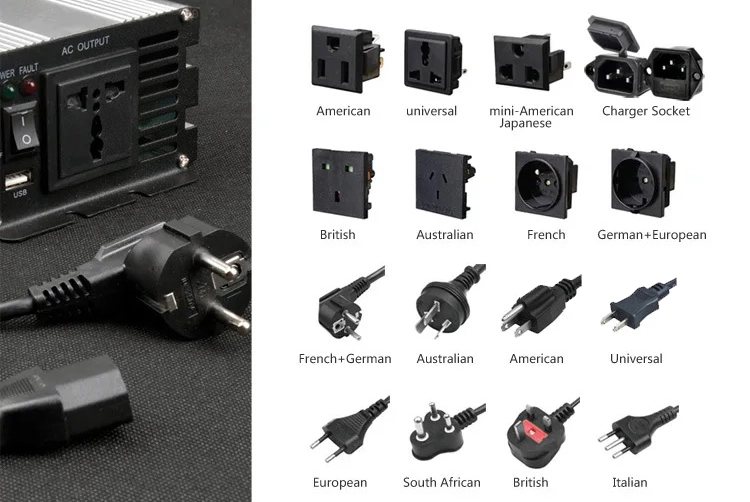
Connect the positive terminal of the charger to the positive terminal of the battery, connect the negative terminal of the charger to the negative terminal of the battery, and then press the charging switch to charge.
The charger is available in the following specifications: 10A battery charger/15A battery charger/20A battery charger/30A battery charger/40A battery charger/50A battery charger.
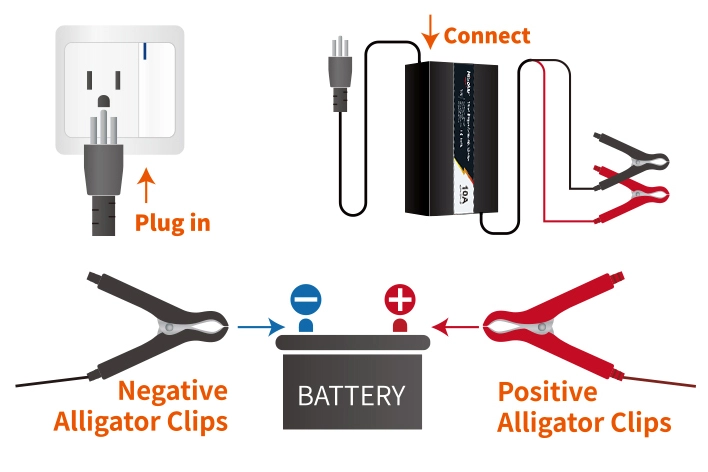
1. Strict quality inspection, defective rate is less than 1%.
2. 12-month merchant service, during which any problems can be solved for you.
3. Three-stage charging technology adjusts charging power according to battery voltage to protect your battery.
4. Professional service team will solve the problem within 24 hours. Your satisfaction is our biggest motivation!
5. Plug and play charging technology, it will automatically shut down and enter maintenance mode after full charging!
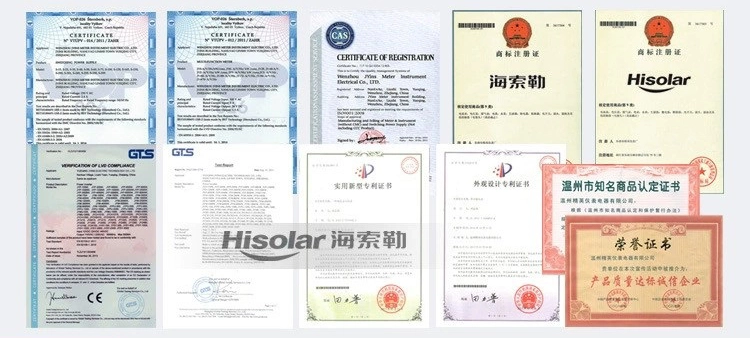
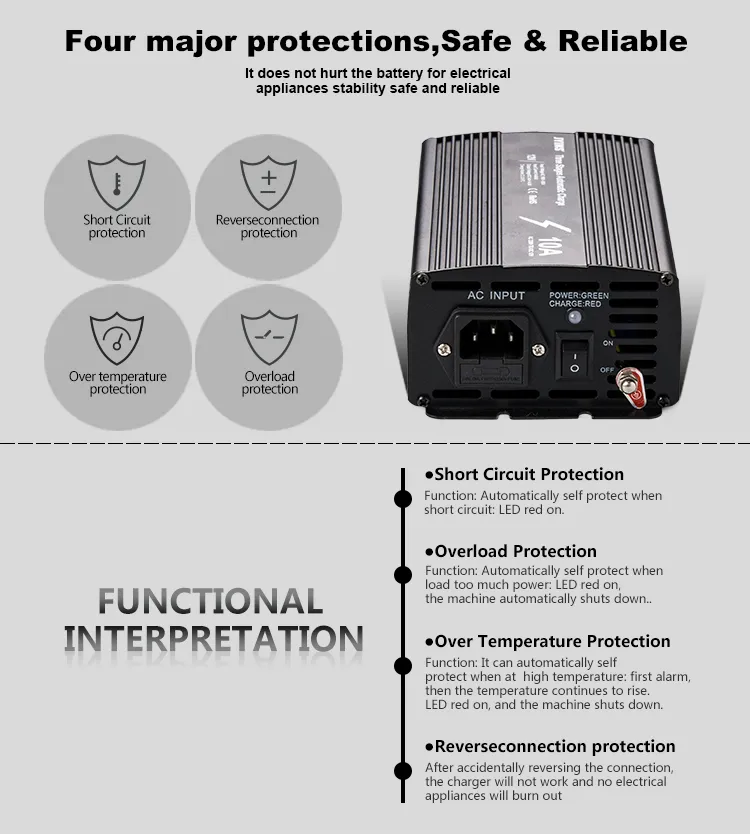
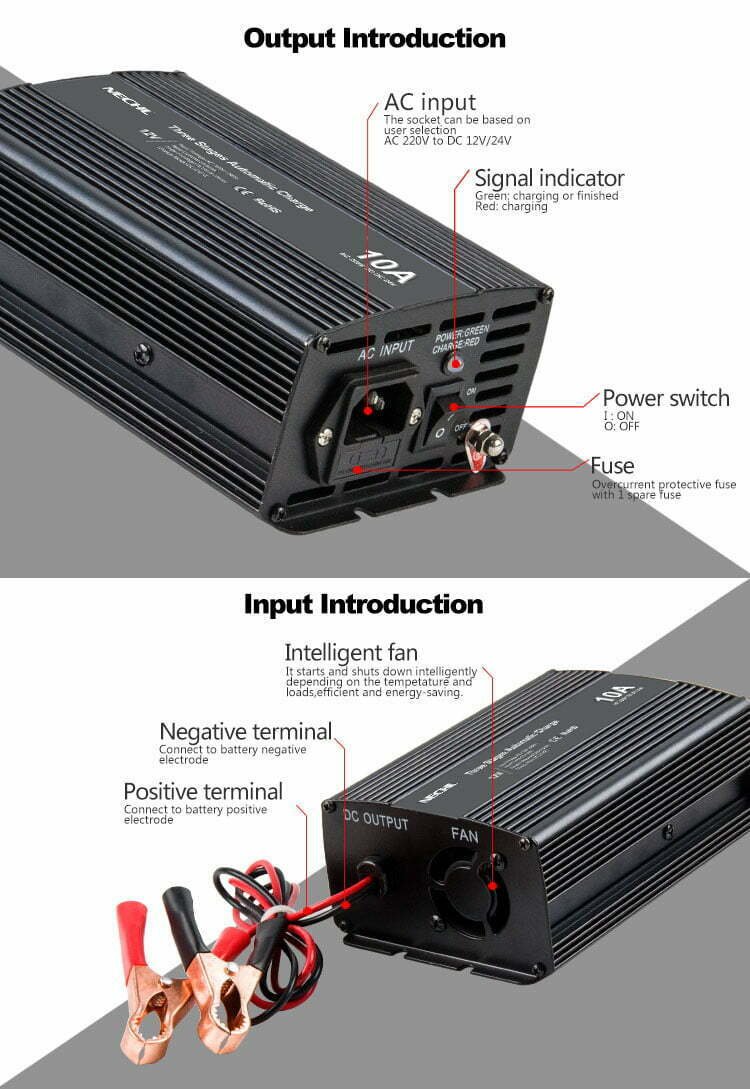
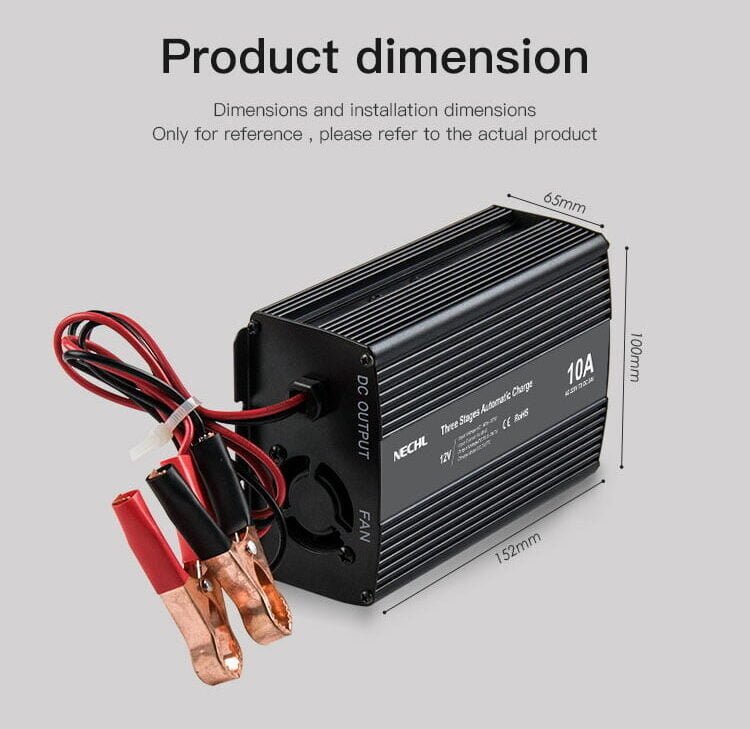
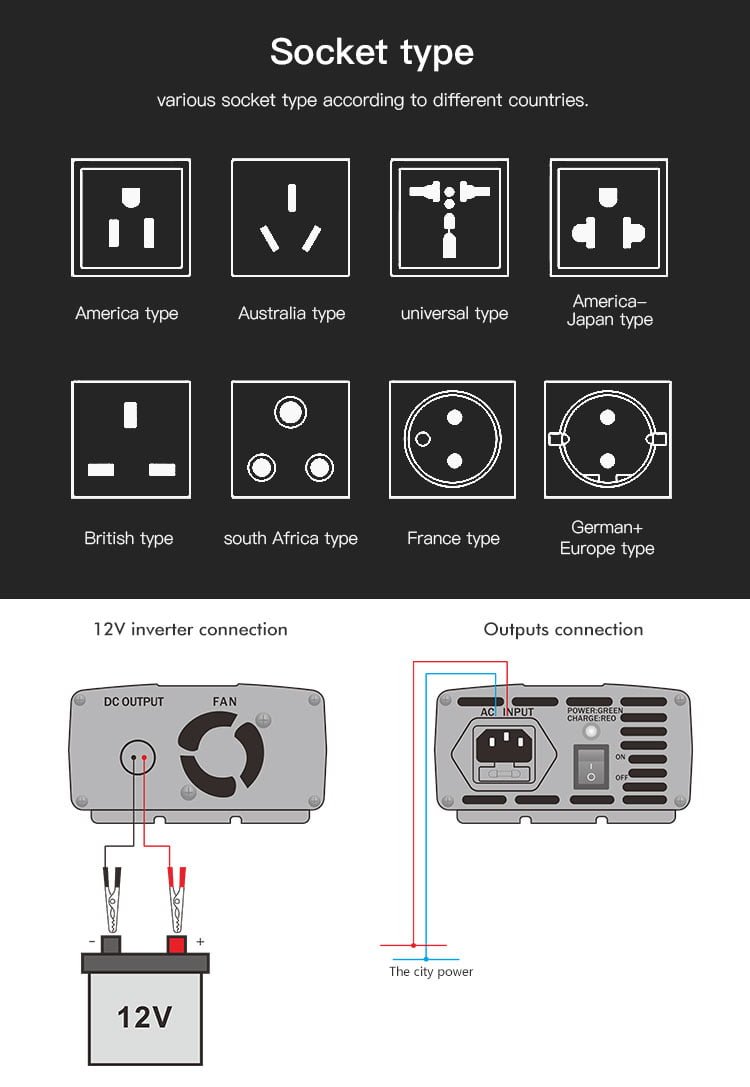
Our charger is mainly designed to charge lead-acid batteries.
Why should you choose our charger? The reason is that lead-acid batteries can be applied in wide range of industries.
Lead-acid batteries are widely used as car starting batteries. Lead-acid battery’s ability to produce high electricity currents is very suitable for starting, lighting and ignition(SLI), and the high currents are also necessary to get a cold internal combustion engine(ICE) running.
12v lead-acid batteries are used to start the vehicle and can provide power for lighting, instruments, radio and temperature control. Although the production of internal combustion engine vehicles will decline eventually with the development of transport electrification, low-cost gasoline and diesel-powered vehicles manufactured in Asia, like India, will maintain high demand for SLI batteries for decades to come.
Battery-powered forklifts have largely replaced those that run on natural gas. In addition to the advantages of low operating costs, electric forklifts can be operated in buildings or enclosed spaces without worrying about toxic gases and carbon monoxide accumulation.
The most outstanding advantage of lead-acid battery used in forklift is that it can provide heavyweight to help forklifts balance the load, especially when forklift elevates loads.
Lead-acid batteries will continue to be largely used in forklifts, as the battery contributes to high productivity and low costs, which are also important for material handling industry.
Due to low cost of lead-acid batteries, they are largely used in the solar energy or wind energy systems. The solar and wind energy is intermittent renewable energy, as the energy depends on natural conditions a lot. Only when sun shines and wind blows can the system generates power. So, the energy drawn from these systems really need storage devices. And, lead-acid batteries stand out with its low cost.
As lead-acid batteries are popular in these applications, our chargers designed for the battery also have bright future. In addition, the chargers produced by us can also be adjusted to charge other kinds batteries, like lithium batteries. Consequently, there are enough reasons for you to choose our batteries.

CE and RoHS guaranteed. And high-qualtiy electrical components: micro-controllers, bipolar junction transistors, IGBTs, MOSFETs, inductors, capacitors...are all used to contribute the high qualtiy of our products.

The experienced and professional staff of R&D Center are always there for you to help complete OEM or ODM services. In addition to this, they are also the centre of after-sale support service.

Over-thirty-year business development gives our company enough experience to face different emergencies, and it also helps to cultivate our experienced workers to give you better services.

The responsible salespersons of our company always think of their customers. Whenever there is any problem of the products, they will reply immediately to help troubleshoot the products' problems.

The monthly output is about 40,000 units, and the general mass production cycle is about 35 days. With proper stock, you can get standard products much earlier.

Six protection functions follow our products closely to keep you away from potential electric shock, your appliances away from damage.
High conversion efficiency more than 83% can maximize the usage of electricity to save money and energy for you.
Reverse polarity-connection protection helps to create a safe envronment for operation. And it can protect you and your appliances better.
When the temperature is up to 40℃, the cooling fan will start automatically to dissipate hot air inside the product.
High conversion efficiency more than 83% can maximize the usage of electricity to save money and energy for you.
CE and RoHS guaranteed. The high quality electronic components(micro-controller, bipolar junction transistor, IGBTs, MOSFETs, inductor, capacitor, resistor...) testify the exclusively high quality of our products.
The indicator of the inverter can demostrate charging status for you to easily check and conduct properly.

One-year warranty for you to help maintain the product better with our after-sale service.

With standard products in stock and intergrated configuration producing process, we promise you can get products as soon as possible.

Easy WiringClearly labeled icons on the panel are for you to complete the wiring tasks easily, safely and quickly.

Detailed panel design and smooth lines are for you to use it easily and conveniently.

High usage efficiency of energy is for you to decrease electricity bills and help you save money better.

The professional business people with the help of our engineers will support you to choose your proper products and solve tackles you meet before, during and after you place the order.
The standard charger of our company is mainly used to charge lead-acid batteries.If you want to use it to charge lithium battery, please kindly contact us to tell us the specs of your batteries, mainly the working voltage of the lithium battery.And then our engineer will adjust our chargers to fit your needs.When batteris in cars, forklifts or other vehicles/appliances are in weak state, our charger can help restore the power of batteries, which can save lots of money for you. Because you don’t need to change batteries anymore.
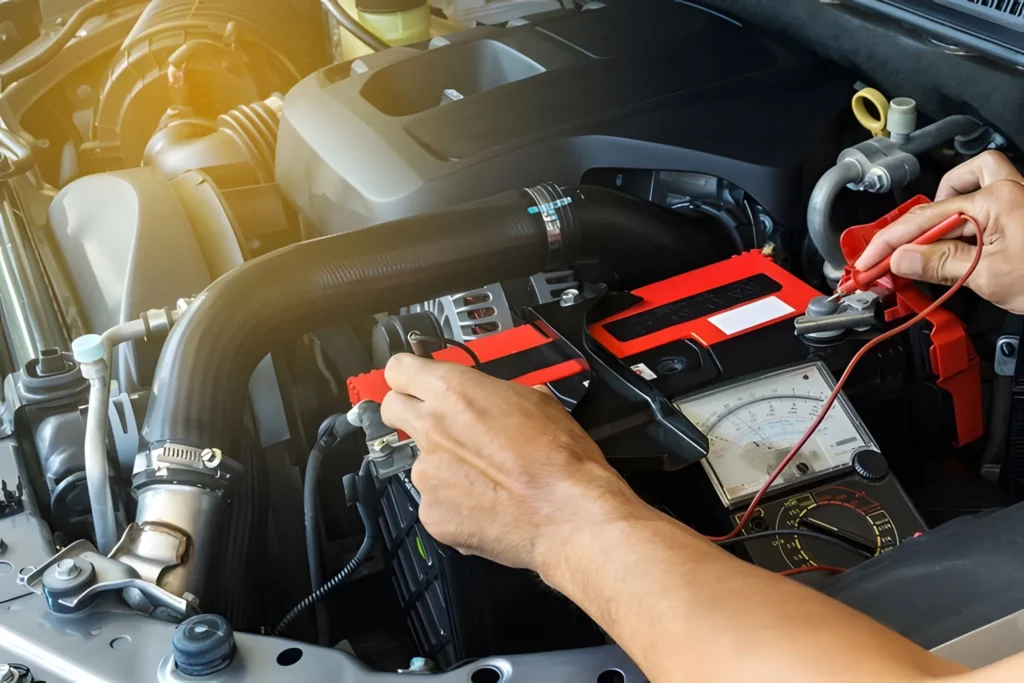
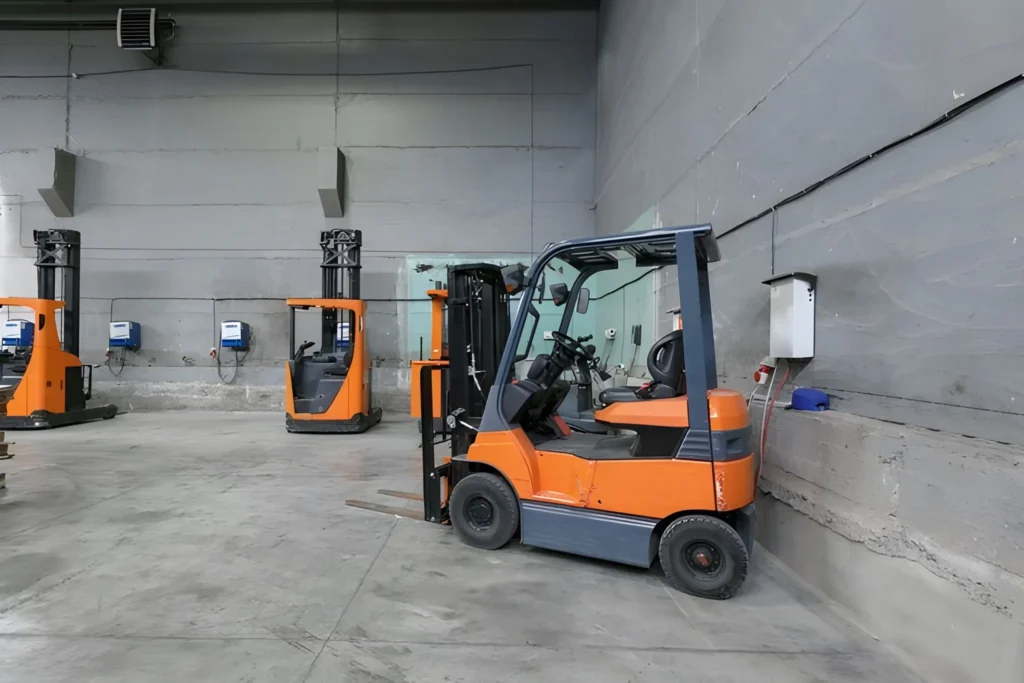

1.The specs of your battery or labels on the battery can tell you its working voltage and maybe max. current.These two parameter can determine the output charging voltage and current of our chargers. And the standard electricity-grid voltage,and frequency of your nation will determine the input voltage of our chargers. And also, the universal socket and plug will also determine our charger's socket and plug.

2. Normally, the lable on the battery will show working voltage. And the working current can not be defined, because the output power depends on the loads it powers.For this situation, the charger's charging current is 20% of the battery's capacity. Here is an example:The capacity of a battery is: 100Ah, working voltage is about 12v.The the output voltage of our charger is 12v, and the output current is: 100Ah*20%=20A.
We value your privacy
We use cookies to enhance your browsing experience, serve personalised ads or content, and analyse our traffic. By clicking "Accept All", you consent to our use of cookies.